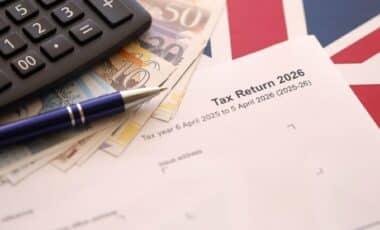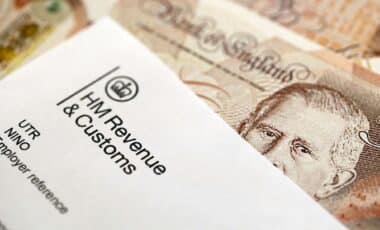A growing petition demanding an increase in the UK’s personal tax allowance to £20,000 has captured public attention, with over 281,000 signatures as of last week.
This comes amid widespread dissatisfaction regarding the current £12,570 threshold, which has remained frozen since 2021. With the debate now intensifying, the campaign is shedding light on concerns over the fairness of the existing tax structure.
Chancellor Rachel Reeves faces mounting pressure from citizens and campaigners alike, who argue that the current personal allowance is insufficient to support those struggling with the cost of living.
This petition, now one of the largest in Parliament, is a reflection of a public outcry over the economic challenges faced by low-income workers and pensioners. It calls for an immediate rise in the tax-free earnings threshold to £20,000, aiming to alleviate financial pressure on the most vulnerable sectors of society.
Petition Highlights Public Frustration with ‘Fiscal Drag’
The petition, which closed last week after gaining over 281,000 signatures, urges the government to raise the personal tax allowance from £12,570 to £20,000. This threshold has remained frozen since 2021, pushing more low-income workers into the tax bracket due to inflation and wage stagnation, a phenomenon known as “fiscal drag.”
According to the campaigners, the current tax system is “unfair,” particularly for pensioners whose state pensions often exceed the £12,570 limit. The petition asserts that an increase in the personal allowance would help lift many workers off benefits and inject more money into the economy.
Daisy Cooper, the Liberal Democrat spokesperson, expressed that the surge in petition sign-ups indicates a widespread sense of frustration. “The number of people who have signed it speaks to the strength of public feeling about this issue,” she said.
Government Response: Cost and Economic Balance
In response, the government has argued that raising the personal allowance to £20,000 would cost more than £50 billion, a figure that some believe could destabilise public finances.
James Murray, Exchequer Secretary to the Treasury, pointed out that such a policy would lead to severe cuts in public services, such as defence and healthcare, which would disproportionately harm low-income earners.
While the government acknowledges the concerns raised, they stress the importance of maintaining fiscal responsibility. “We want taxes on working people and on pensioners, who have worked hard all their lives, to be as low as possible.” Murray stated, emphasizing the need for balance to avoid economic chaos.
The current personal allowance of £12,570, he noted, is among the most generous in the Organisation for Economic Co-operation and Development (OECD) and is set to remain unchanged until at least 2028.









